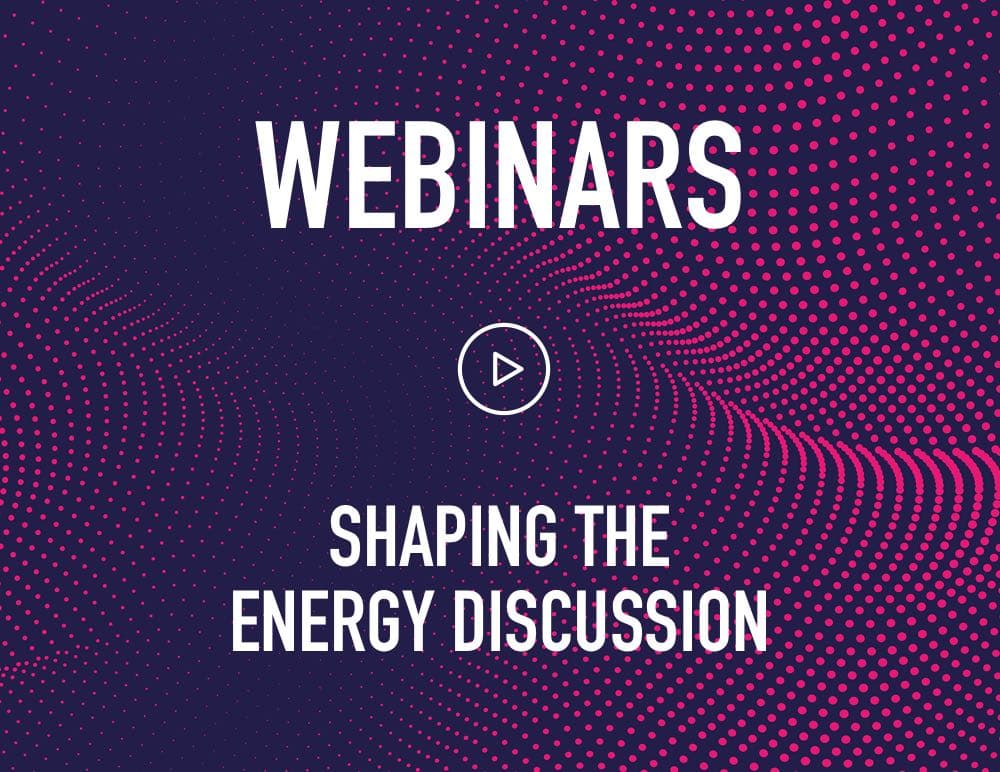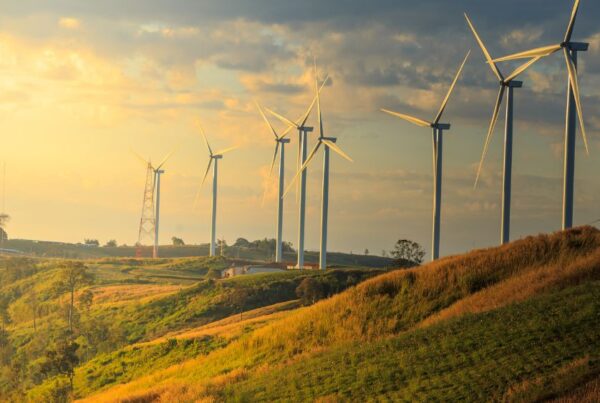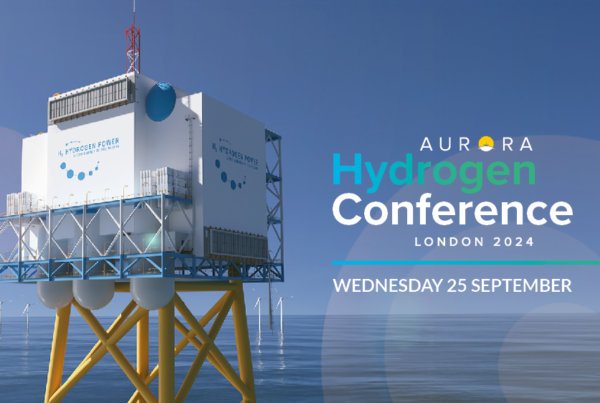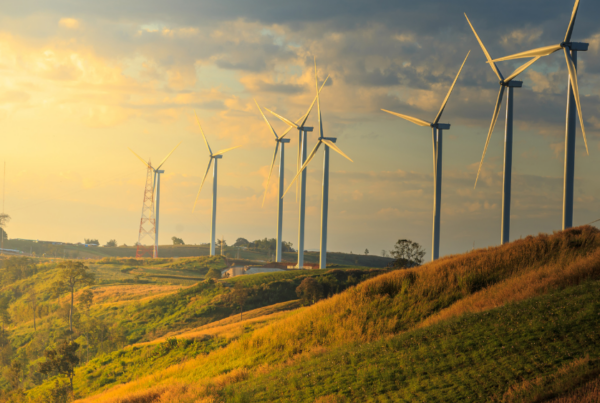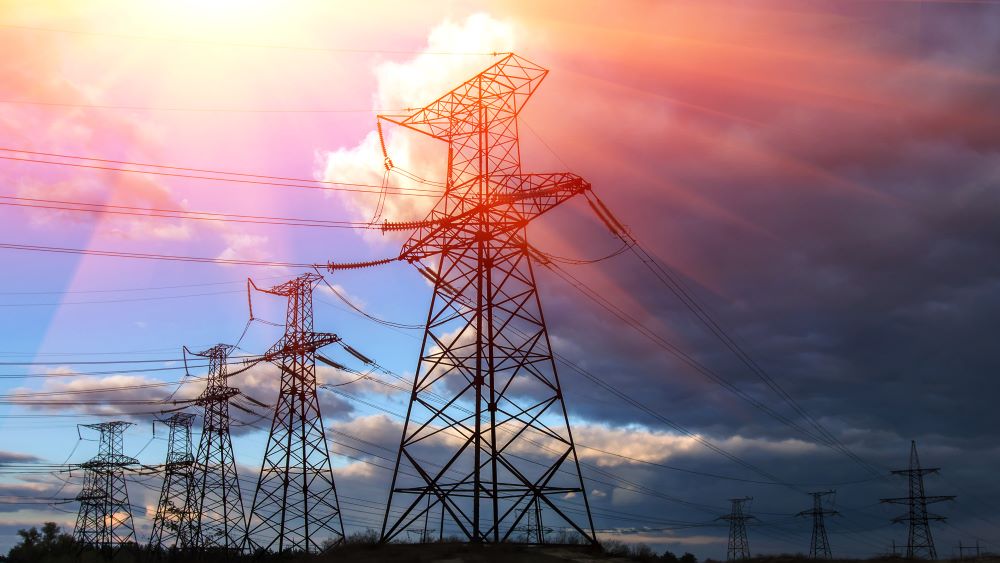
On January 19th, our study on CO2-free flexible generation in the Dutch energy mix was published. The study was commissioned by the Dutch Ministry of Economic Affairs and Climate and TSO TenneT.
The main findings of the study include:
- Reviewed 20 CO2-free flexibility technologies for the Dutch power market
- Almost none of the assessed technologies have a positive business case by 2030, with the best performing flexibility assets having low investment costs, like e-methane, biogas and hydrogen CCGTs
- Demand Flexibility Technologies reduce the need for additional capacity in the system towards 2050 – however, the Dutch gas fleet cannot be phased out without additional CO2-free production and storage post 2030
- With high security of supply margins, flex technologies will struggle to generate enough revenue to break-even. In a tighter system with less back-up, flexibility would lead to sufficient high-price hours for technologies to be profitable
- Retrofitted BECCS and H2 CCGTs are best positioned to provide long-duration flexibility towards 2050, while nuclear plants and Gas+CCS will find it difficult to compete with these technologies
- Back-up and short-duration flex capacity also require high-priced hours to operate economically
We created an overview of overview of key non-financial hurdles to market entry and scale-up for the most promising CO2 free technologies
Please reach out if you are interested in discussing what our analysis means for your position or opportunities in the Dutch market.

